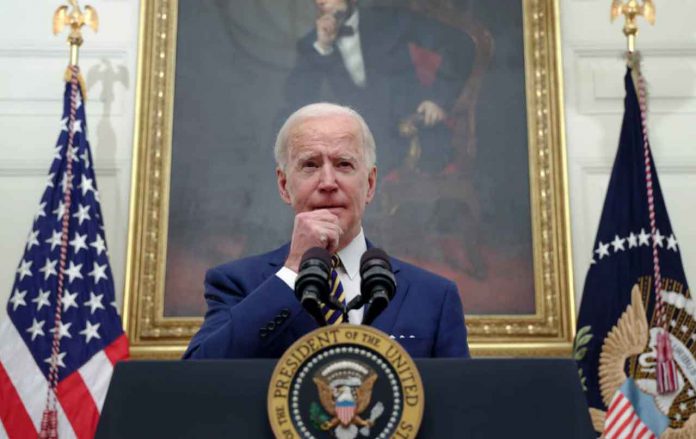President Joe Biden’s recent pardon of his son Hunter has reignited demands for clemency for thousands of Americans who civil rights groups and lawmakers argue were unfairly convicted or excessively sentenced. Activists are calling on the president to extend the same compassion to others impacted by systemic injustices in the U.S. judicial system.
Biden’s Pardon of Hunter Sparks Controversy
The president’s unconditional pardon of Hunter Biden, who was prosecuted for tax offenses and gun possession charges, has drawn mixed reactions. Biden characterized his son’s prosecution as politically motivated. However, critics argue this act highlights the disparity in how justice is served, with some calling for broader action to correct systemic biases.
Civil Rights Groups Advocate for Broader Clemency
Defense attorneys and civil rights organizations are urging Biden to issue pardons or commutations for nonviolent offenders and others they believe are unjustly incarcerated. These efforts include:
- Drafting letters in collaboration with state legislators.
- Launching digital campaigns.
- Highlighting high-profile cases of injustice, such as Ferrone Claiborne and Terence Richardson, who are serving life sentences for a murder a jury determined they did not commit.
Civil rights attorney Jarrett Adams, who was wrongfully convicted at 17 and sentenced to 28 years, emphasized the human cost of judicial failures. “We’re begging that President Biden provides these families some relief they deserve,” Adams said.
Legislative and Political Pressure Mounts
The Congressional Black Caucus and groups like the NAACP have increased their lobbying for clemency, particularly for African Americans disproportionately affected by systemic biases in the criminal justice system.
Democratic lawmakers, including House leader Hakeem Jeffries, have called on Biden to prioritize pardons for “working-class Americans” impacted by these inequalities.
The White House has indicated plans to grant clemency to nonviolent offenders, particularly those convicted of drug-related crimes. Press Secretary Karine Jean-Pierre emphasized that the president takes these issues seriously, referencing his 2022 pardon of federal marijuana offenses and actions supporting LGBTQ+ veterans previously convicted under discriminatory laws.
Bipartisan Responses and Challenges
While Democratic lawmakers push for immediate action, some Republicans argue that granting sweeping pardons undermines the justice system’s integrity. Republican consultant Jon Fleischman likened broad clemency to “a Roman emperor” arbitrarily overturning judicial outcomes.
Experts note that political polarization has made the use of presidential pardon power increasingly fraught. “Anything he does will be opposed by half the country,” said Brian Kalt, a law professor specializing in presidential pardons.
A Test for Biden’s Legacy
Biden’s approach to clemency could shape his presidential legacy. Historically, presidents have waited until their terms’ end to issue significant pardons, leaving open the possibility of more extensive action. However, advocates warn against delays, urging Biden to act swiftly to address longstanding injustices in the criminal justice system.


